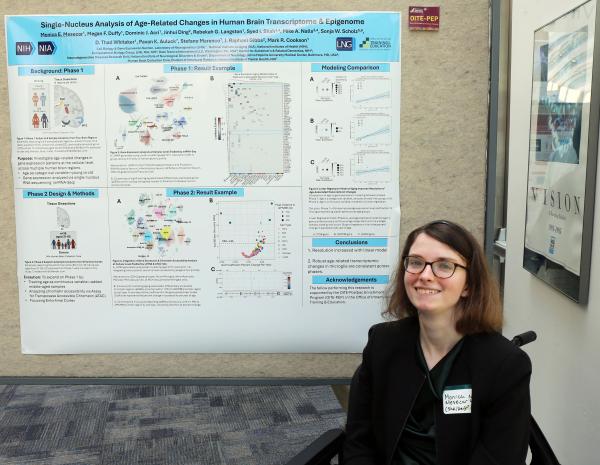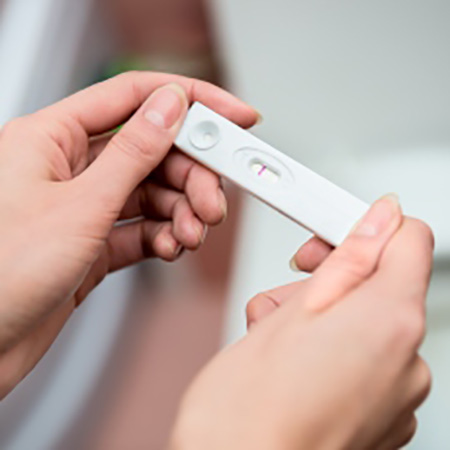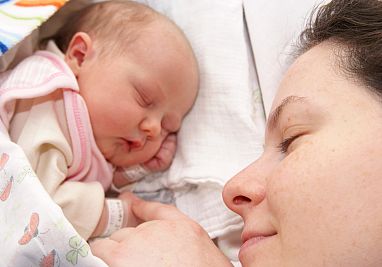Moms’ Microbes May Influence Babies’ Future Health
IRP Mouse Study Suggests Intervention Might Reduce Health Problems Associated with C-Section Births
Every kid’s first gift from their mom is half of her DNA, but nearly a third of children born nowadays miss out on a bonus present. That’s because babies born via vaginal delivery are exposed to the microorganisms that live in the vagina, but infants born via Cesarian section are not. A new IRP mouse study suggests that an intervention designed to make up for this missed opportunity could reduce the risk of certain health problems that are more common in babies born via C-section.










